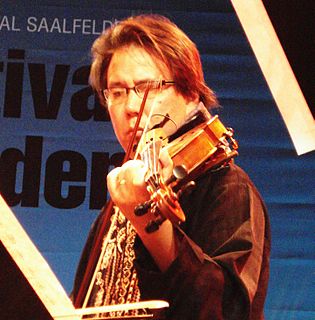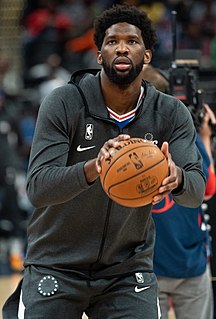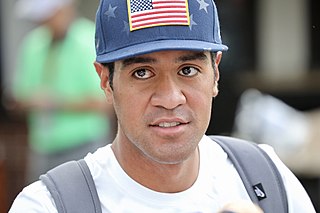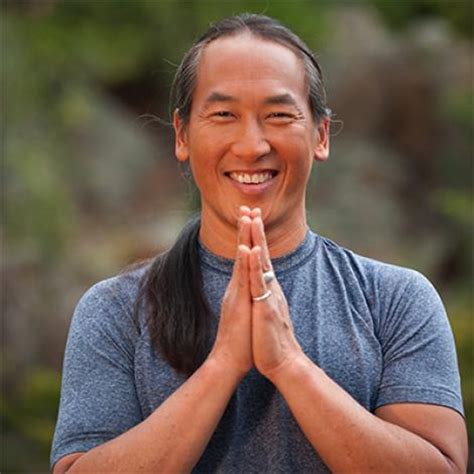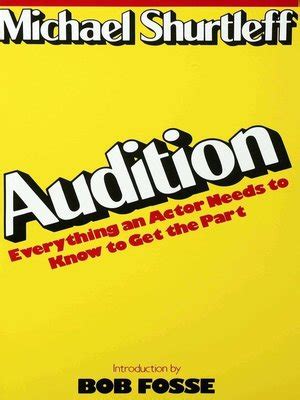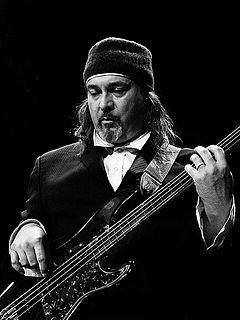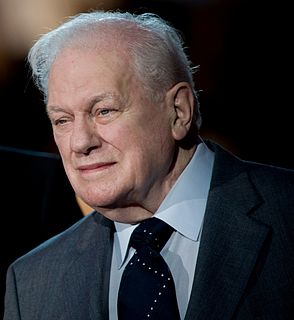Top 1200 Deep Listening Quotes & Sayings
Explore popular Deep Listening quotes.
Last updated on November 7, 2024.
In my Deep Listening class at RPI, I always do an hour of energy exercises to start with. Then we do a listening meditation after that, after the body has been loosened up and warmed up and is ready. We do the listening. After that, there's the journaling of the experience, which they do each time throughout the semester to the point that I have them write a final paper on what they've experienced.
I grew up listening to The Band. I love Lowell George. I love Little Feat, and I was listening to some Springsteen, some of the deep album cuts. I just like the looseness of that kind of music. It all feels like they did it in one take. They let whatever happened happen. If it felt good, they kept it.
When you're listening to music, you listen to it with a friend one day and it sounds one way. You listen to it with another friend the next day, and it sounds a little different. Sometimes the greatest pleasure of listening is not the music that you're listening to; it's the person that you're listening to it with.
Deep listening is the kind of listening that can help relieve the suffering of another person. You can call it compassionate listening. You listen with only one purpose: to help him or her to empty his heart. Even if he says things that are full of wrong perceptions, full of bitterness, you are still capable of continuing to listen with compassion. Because you know that listening like that, you give that person a chance to suffer less.
Listening is totally different from hearing. Hearing, anybody who is not deaf can do. Listening is a rare art, one of the last arts. Listening means not only hearing with the ears but hearing from the heart, in utter silence, in absolute peace, with no resistance. One has to be vulnerable to listen, and one has to be in deep love to listen. One has to be in utter surrender to listen.
Become better listeners. Practice the art of listening in everything you do. Not just listening to yourself and your body, but listening to the people around you, listening to the plant world, the animal world. Really open your ears to what's coming at you. From there, see if you can have the ability to respond instead of react. And that usually comes with listening. If the observation and the listening are deep, then your action will be deep also.
Deep Listening is listening to everything all the time, and reminding yourself when you're not. But going below the surface too, it's an active process. It's not passive. I mean hearing is passive in that soundwaves hinge upon the eardrum. You can do both. You can focus and be receptive to your surroundings. If you're tuned out, then you're not in contact with your surroundings. You have to process what you hear. Hearing and listening are not the same thing.
When you're listening to a recording, you're supposedly listening to some aspect of the past in the present as you travel slowly into the future, but you also know there's a very strong likelihood that the future of that recording, whether you made it or whether you're listening to a Led Zeppelin record, is going to continue probably far beyond where you are.
Empathic listening is so powerful because it gives you accurate data to work with. Instead of projecting your own autobiography and assuming thoughts, feelings, motives and interpretation, you're dealing with the reality inside another person's head and heart. You're listening to understand. You're focused on receiving the deep communication of another human soul.
Listening is a very deep practice. You have to empty yourself. You have to leave space in order to listen especially to people we think are our enemies - the ones we believe are making our situation worse. When you have shown your capacity for listening and understanding, the other person will begin to listen to you, and you have a change to tell him or her of your pain, and it's your turn to be healed. This is the practice of peace.
Deep Listening is listening in every possible way to everything possible to hear no matter what you are doing. Such intense listening includes the sounds of daily life, of nature, or one's own thoughts as well as musical sounds. Deep Listening represents a heightened state of awareness and connects to all that there is. As a composer I make my music through Deep Listening








